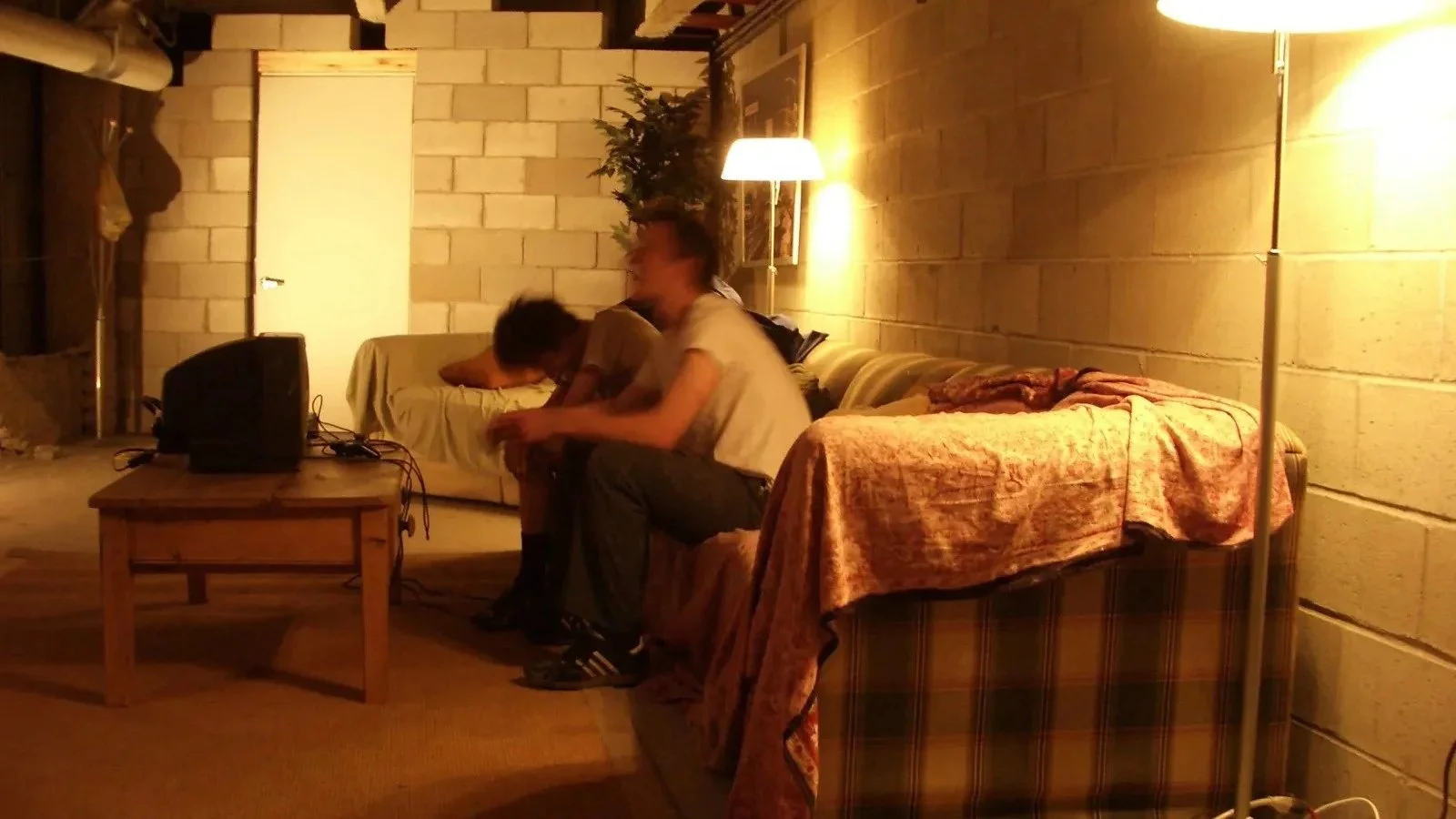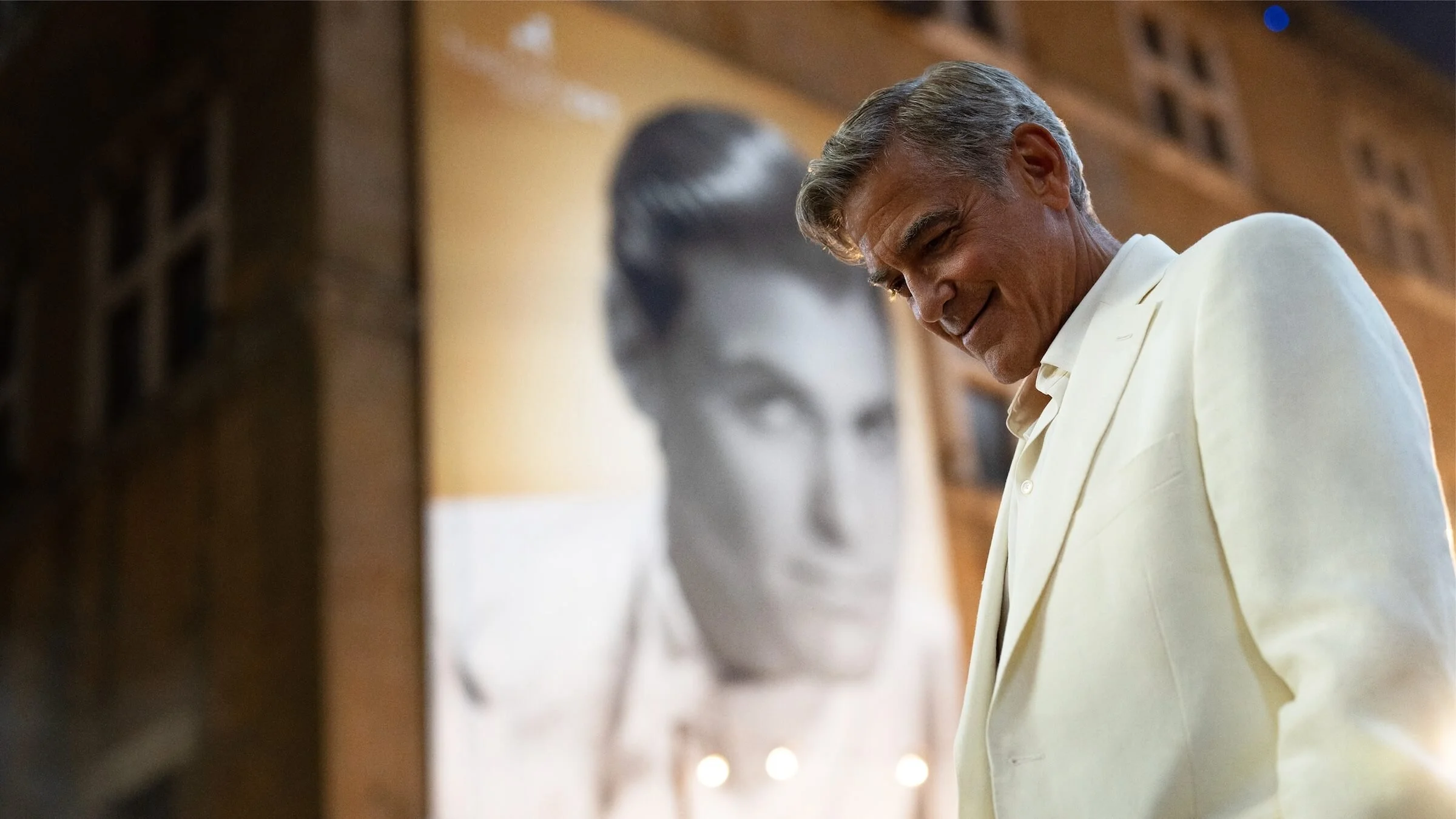Review: Wicked (2024)
If Wicked were only 102 minutes (which happens to be the running time of The Wizard of Oz), it would be an acceptable confection, the kind of faux-revisionist fantasia that you can enjoy simply because of the sparkle of the performers and the agreeableness of the song and dance. Alas, Wicked is not 102 minutes, but 160 minutes, and is only Part 1, with the conclusion slated for 2025. The decision to split the movie in two parts obviously follows in the footsteps of former and recent franchise titans, Harry Potter and The Deathly Hallows and Dune. While I agreed with both of those splits, in the case of Wicked, it dooms the film to failure as it loses any sense of narrative momentum and ends with its most famous song being an oddly definitive closing statement rather than a triumphant power ballad to lead us into the dour Act 2 to follow 20 minutes later. It also gives the film no room to hide its incoherent world building and empty themes. Compress the film and the fact that the Wizard of Oz’s authoritarian scheme makes no sense isn’t as fatal, but with so many scenes devoted to exposition about the land of Oz and its politics, the silliness of the film’s message clouds out its effervescent fun.
Based on the smash 2003 musical by Stephen Schwartz and Winnie Holzman, which is in turn based on Gregory Maguire’s 1995 revisionist novel, Wicked tells the backstory of the Wicked Witch of the West, here known as Elphaba and played by stage actor Cynthia Erivo. Of particular focus is her rivalry turned friendship with Galinda the Good, played by pop star Ariana Grande, at Shiz University, a prestigious college in the land of Oz. Because of the excessive runtime, we get seemingly every moment of Elphaba’s time at Shiz, from her angry outburst of magic that gets her accepted into the school to her relationship with a wise old goat professor voiced by Peter Dinklage to her contentious rooming situation with Galinda and then her eventual embrace of Galinda as her best friend.
There are countless songs during this sequence at Shiz, some of them the sort of yearningly emotional solos such as “The Wizard and I” that influenced most musicals in the 20 years to follow. These songs are meant to bare the soul of Elphaba to the audience, showcasing her insecurity and yearning. They’re not bad songs, but in the wake of Frozen and every other musical that took Wicked as inspiration, they sound relatively generic today.
More memorable are the larks, such as Galinda’s “Popular,” which has Galinda attempt to makeover Elphaba and teach her how to carry herself with confidence. It’s the sort of cheeky tune with a shifting tempo that often does well on the stage and it’s a testament to Grande (more on her in a minute) that the song works well here when we don’t have the same relationship to her as we would to a performer on a stage. Director John M. Chu, who cut his teeth with dance movies such as Step Up 2: The Streets, is best in these moments because he understands how to pace the rhythm of editing to the rhythm of the song and dance. Another song, “Dancing Through Life,” which showcases the romantic interest, Fiyero Tigelaar (Jonathan Bailey) as he turns a quiet library into a party, has a similar pop energy. It might be a shallow song, but it’s a spectacle as Fiyero dances on a revolving bookcase that resembles the spinning room on the spaceship Discovery in 2001: A Space Odyssey.
However enjoyable these moments are for anyone with an affection for musical theatre, they’re few and far between, interspersed between personal encounters that are thuddingly literal and the film’s incoherent attempts at political messaging. In the quiet moments, the characters are cursed to say exactly what they’re thinking, which defeats the point of songs that reveal their innermost thoughts and feelings. As well, Chu’s camera betrays almost no definable relationship to the characters, shooting everything in clean closeup, resorting to television coverage patterns that leave all the heavy lifting to the actors to relay the tenor of a scene. What is his authorial approach to mise-en-scene? It might not exist. Much of the film’s attempts at humour through the camera are similarly indistinct, relying largely on reaction shots of a horrendously unfunny Bowen Yang to deliver sub-sitcom punchlines and eye rolls.
The political moments are worse though as we learn that the people of Oz are inexplicably turning against the talking animals that populate the land, forcing them into cages when young in an attempt to remove their ability to speak, and using them as scapegoats (the goat professor becomes a literal scapegoat) for the much-murmured-about troubles in the land. The problem is: we never see these troubles. We don’t see any insecurity or instability in Oz. We hear that there was some drought in the past that made people angry and scared, but it’s in a history lesson, and completely disconnected from the action at hand. So when the final reveal comes that the Wizard of Oz himself (a goofy Jeff Goldblum) is behind the authoritarian policies (big surprise!), we’re left rather baffled. What in the world is this movie saying politically? To even use the word “fascist” to describe the Wizard’s schemes would be overly charitable to the film’s attempt at a political critique.
The film’s runtime lets these incoherent elements of the film take full focus. All that’s left to keep us engaged as the film plodders towards the promised show-stopping Act 1 finale is the music and the main performers, who are thankfully good. Cynthia Erivo has the unfortunate quality of many stage performers who turn to film, in that she’s incapable of being subtle with her line readings or facial reactions, but she’s a strong singer and at least her emotional performance is genuine throughout. Surprisingly, Ariana Grande is the best part of the movie, seemingly floating on air (fitting for a witch who travels in a bubble) and ready to strike a pose at any moment in her comic performance as the “always on” Galinda. Grande leverages her years as a stadium performer to give Galinda a constant air of charisma and poise and alluring superficiality. That she always seems genuine when the film pokes beneath the surface is icing on the cake, as Grande’s presence carries the role.
If it weren’t for Erivo and Grande and the competency of the music book by Stephen Schwartz, Wicked would be a dire proposition: a behemoth half-film with a winning approach, but an infantile message. There’s a larger conversation to be had about how a movie can position its revisionism when the original work, The Wizard of Oz, is seemingly impervious to revisionism through its incredibly subtle nuance and own complex themes, but that’s an issue that goes beyond this film adaptation. Wicked the movie lives and dies on the decision to be Part 1, half a film stretched to twice the length. It lacks the substance to withstand any pressure, a pink bubble blown to bursting.
5 out of 10
Wicked (2024, USA)
Directed by John M. Chu; written by Winnie Holzman and Dana Fox, based on the musical by Stephen Schwartz and Winnie Holzman, based on the novel by Gregory Maguire; starring Cynthia Erivo, Ariana Grande-Butera, Jonathan Bailey, Ethan Slater, Bowen Yang, Marissa Bode, Peter Dinklage, Michelle Yeoh, Jeff Goldblum.



Joe Carnahan’s cop thriller starring Matt Damon and Ben Affleck is an enjoyable whodunnit.